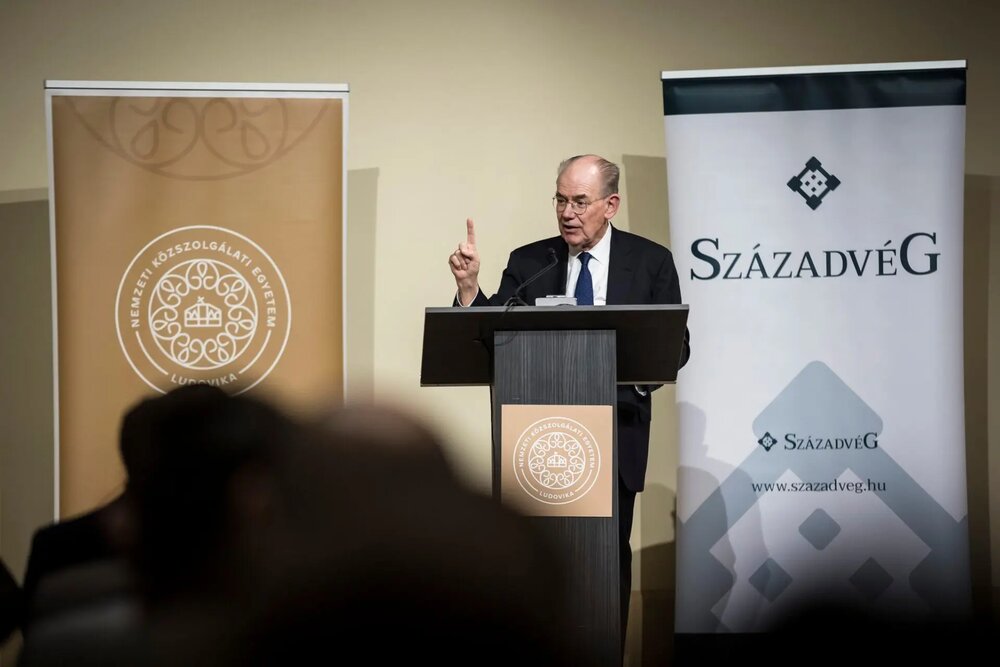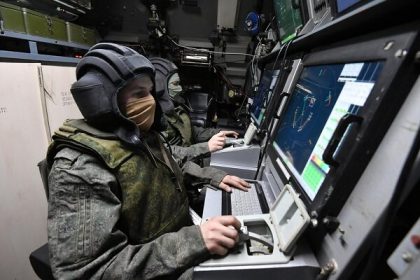Mersheimer: Iran and Russia could not fight instead of the Syrian army
In response to a question about Russia and Iran’s assistance to the Syrian government against the rebels, the prominent international relations thinker and professor at the University of Chicago said: “Tehran and Moscow had warned Assad against the incapacity of his army.” But considering the inability of the Syrian army against the rebels, Iran and Russia could not fight instead of them.”
According to RCO News Agency, on November 27th, just hours after the announcement of a ceasefire in Lebanon by US President Joe Biden, armed rebels led by Hayat Tahrir al-Sham, a terrorist group, became active in Syria and attacked places in the northwest of this Arab country. . Finally, several days later, after capturing Aleppo, Idlib and Homs, the armed rebels reached Damascus and overthrew the government of Bashar al-Assad.
Regarding the relations between Tehran, Moscow and Damascus, many made statements about the assistance of Iran and Russia to the Assad government against the armed groups and Tahrir al-Sham, which were supported by some of the neighboring countries of Syria and the West.
In this regard, “John Mersheimer”, a prominent thinker of international relations and a professor at the University of Chicago and one of the leading experts in the field of realism in international relations, discussed the developments in Syria and the role of Tehran and Moscow in these developments.
In response to a question about the effect of the US sanctions against Syria, the illegal military presence of this country in Syria and the theft of the country’s oil interests by the US in the sudden fall of the Assad government, he said: “It was not only the sanctions that destroyed Syria, almost everyone inside The Syrian army was corrupt. “In addition, the oil fields located in eastern Syria before the war were about 400 billion dollars in revenue, and the Americans and the Kurds took over those oil fields, and the amount of money the Syrians were making from those oil fields had decreased dramatically.”
“So they didn’t have a dynamic economy,” Mersheimer added. Many sanctions had been imposed on them and there was a lot of internal corruption, and as a result the army had been drained of much-needed financial resources. “All these issues contributed to the collapse of the Syrian army within a few weeks.”
The Syrian army was unable to defend itself
This prominent thinker of American international relations continued his discussion on the role of Iran and Russia in the developments in Syria and said: “The challenge of Iran and Russia to help Syria was that Syria was not able to defend itself and according to the available evidence, the Russians and Iranians are with Assad. They were talking about the problems of his army and the need to reform the Syrian army and talk with Erdogan and other rebels.”
Mersheimer added: “The Syrian army is not able to stand against the rebels. It collapsed almost overnight. If the Syrians do not fight, then the Russians or the Iranians cannot do much. In the end, Bashar Assad was a very stubborn and self-righteous man and he did not pay attention to the warnings of Moscow and Tehran.
He clarified: “Iran and Russia were committed to supporting Syria against Tahrir al-Sham and other groups, but due to the weakness of the Syrian army, Tehran and Moscow faced limitations. It is obvious that Tehran and Moscow wanted to help Damascus.”
Mersheimer also answered a question about Moscow and Tehran’s financial support for Damascus compared to the US’s financial support for Ukraine and Kiev’s role in training terrorist forces affiliated with al-Qaeda in Syria. “The issue of supporting Syria is not limited to financial support and the reason The fall of the Syrian government was not a financial issue. “The army of this country was weak and could not stand against the rebels.”
The future of Syria will be full of instability
This prominent thinker of American international relations continued his conversation and discussed the future of Syria and said: “With the fall of Assad, Syria will experience a future full of internal conflict.
Pointing out that the sudden regime change in Syria is only a “short-term success” for the rebels and people supported by the US, this university professor said: “Predicting the developments in Syria is almost impossible. “But it is safe to say that there will be significant chaos in Syria for the foreseeable future.”
America is supporting terrorists
Mersheimer stated: “The United States basically aligned itself with a number of al-Qaeda and ISIS operatives, such as al-Jolani, who is still an internationally wanted terrorist with a $10 million bounty on his head, and they ultimately won.”
He added: “Despite the efforts of some media to present the victory of Tahrir al-Sham as a positive development, most American citizens and journalists active in those media know that America is supporting terrorists.”
After the fall of the Syrian government, the southwestern part of the country was occupied by the Zionist regime, and according to the radio of the occupying regime, the airstrikes of the regime destroyed more than 80% of Syria’s military capabilities.
On the other hand, Turkish President Recep Tayyip Erdogan, while expressing his support for the terrorists and introducing them as “Syrian protesters” and despite his previous claim that he does not care about the “territories of other countries”, recently said: “It is very likely that the cities of Aleppo, Idlib, Hama, Damascus and Raqqa will be one of our provinces, like Antioch, Hatay, Orfa.
Regarding such developments in Syria, recently “Abdul Salam Ahmed”, the spokesman of the US-backed Democratic Syrian Kurdish Forces (SDF) in northeastern Syria, told Ryannews that the autonomous Kurdish government is afraid of repeating the scenario of Libya in Syria after the armed opposition comes to power. .
end of message
News>RCO NEWS
RCO
















